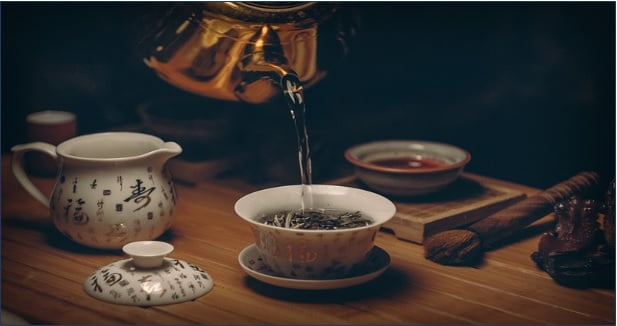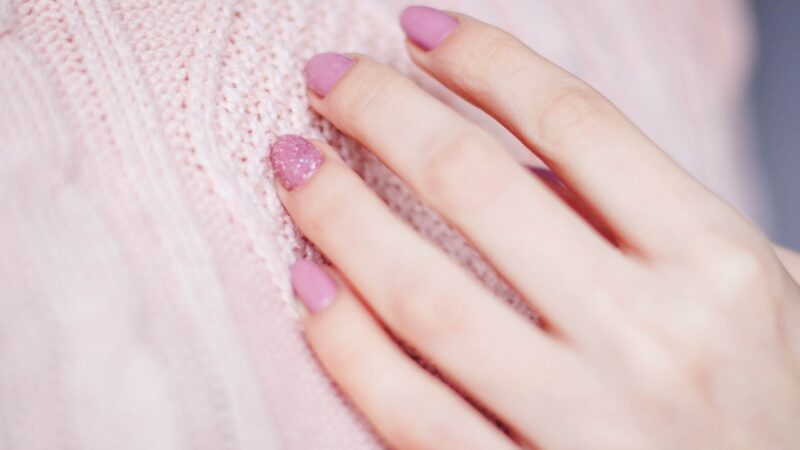Is it Better to Drink Decaffeinated Tea?

Teas, such as black, oolong and green teas from the Camellia sinensis plant, naturally contain caffeine. However, some people are sensitive to this stimulant.
Decaffeinated tea is made by removing the caffeine from the leaves. While there are several methods, the CO2 method is considered the best as it preserves most health benefits and flavour while eliminating caffeine.
It’s good for you
Tea is a popular drink that has many health benefits. This is primarily thanks to its antioxidants, which fight free radicals and protect your body from heart disease and cancer. However, some people are sensitive to caffeine and may not be able to enjoy the benefits of tea.
Decaf tea or non-caffeinated tea is an excellent option for these individuals. It doesn’t contain caffeine, a stimulant that can cause jitters, elevated heart rate, and other effects if you are sensitive to it. Moreover, decaf tea is safer for expecting mothers because it is safe for pregnancy.
Caffeine can also raise blood pressure and increase stroke or heart attack risk. It is also linked to a high risk of developing diabetes. Therefore, it is better to avoid drinking tea with caffeine if you have these conditions or are pregnant.
Green and black decaffeinated teas are good options for people who don’t want to consume caffeine. This is because they are naturally low in caffeine. Eight ounces of decaffeinated green tea typically contain 25 to 29 milligrams of caffeine.
This is less than a cup of coffee, but it can still raise your blood pressure and make you sleepy. That’s why you should always choose tea with a low to no-tolerance for caffeine.
The flavonoids, or antioxidants, found in regular teas are also crucial for your health. Several studies have shown that the flavonoids in tea can prevent or slow down the ageing process and improve your overall health. The polyphenols in tea can also block cholesterol uptake in the blood, lowering your risk of heart disease and diabetes.
These compounds also help prevent atherosclerosis, a disorder that can lead to a stroke or heart attack. The antioxidants in tea are also known to reduce blood cholesterol levels and increase your high-density lipoprotein, or HDL, levels.
Despite this reduction in the antioxidants in decaffeinated tea, it’s still a practical option for those who aren’t sensitive to caffeine. Some of the best sources of these antioxidants are black and green teas, but stinging nettle is another great decaffeinated option.
It’s best to check the label of your decaffeinated tea to ensure it has undergone a quality decaffeination process. Some companies use methylene chloride, ethyl acetate, or other chemical processes to remove caffeine.
A chemical process will also leave the special tea leaves with a slightly weaker flavour than one that uses water. It also can remove the natural oils and aroma of the tea leaves, so it’s a good idea to buy unsweetened or lightly sweetened decaffeinated tea.
If you’re looking for a healthy, decaffeinated tea that won’t upset your stomach or give you a headache, then you should try a blend of herbal teas or a variety of black, green, or white teas. Combining these ingredients can give you a tea with all of the health benefits of regular tea without caffeine.
It isn’t good for you.
If you are trying to reduce your caffeine intake, you may wonder whether it is better to drink decaffeinated tea. Decaf teas are usually made from black or green tea; some caffeine is removed during processing. However, it is essential to note that decaffeinated teas do not have all the same health benefits as unprocessed tea.
Caffeine is a naturally occurring chemical in plants, including coffee, guarana (Brazilian cocoa), and yerba mate. It can be a stimulant and cause problems in some people, such as insomnia, anxiety, jitters, and heart palpitations.
Many people are sensitive to caffeine, so they choose to avoid it. However, there are many reasons why you may want to brew up a cup of tea.
Aside from the tasty teas, they also contain several health benefits, especially antioxidants. These compounds help protect your cells from damage by free radicals. They also fight disease-causing toxins in your body and reduce your risk for chronic conditions, such as cancer and cardiovascular disease.
Both green and black decaffeinated teas are full of these compounds, known as polyphenols. They can reduce your risk for heart disease and other health concerns and lower blood cholesterol levels.
These chemicals are also linked with weight loss, as they help keep your appetite in check, making it easier to stick to a healthy diet and exercise routine. They can also help boost your energy levels and improve your mood, reducing your chances of becoming depressed or anxious.
While a decaffeinated cup of tea contains fewer antioxidants than regular, they still contain plenty of other healthy compounds called flavonoids. These flavonoids are known for their antioxidant activity, and they have a variety of other health benefits, such as anti-inflammatory action, reducing your risk of allergies and promoting healthy skin.
This is because they help remove free radicals from your cells and tissues, protecting your immune system and helping you fight oxidative stress. They also prevent atherosclerosis, a condition that can lead to clogged arteries.
In addition, they have a host of other positive effects, such as improving mental alertness and helping you stay calmer. Some decaffeinated teas are rich in vitamins and minerals, such as manganese, riboflavin, chromium, potassium, phosphorus, calcium and iron.
Another reason you may want to brew some decaffeinated tea is that it’s low in calories. Most brewed teas are only two calories per cup, and some high-quality decaffeinated options don’t have added sugar.
Decaffeinated teas are made by soaking the tea leaves in water or ethanol and then running them through a process that strips away the caffeine. Depending on the method, this can leave behind residues that can affect the flavour of your tea. The most common method tea makers use to soak the tea in methylene chloride, which bonds with the caffeine molecules and removes them. The FDA regulates this method, but it can hurt the flavour of your tea.






